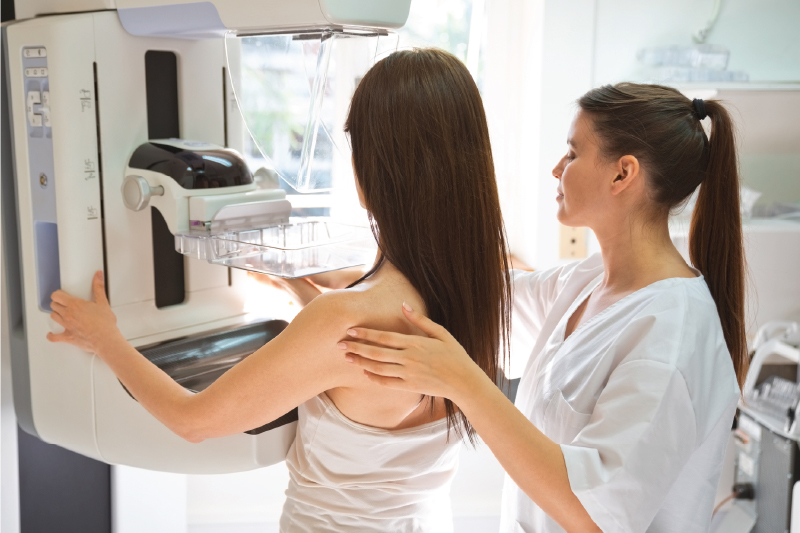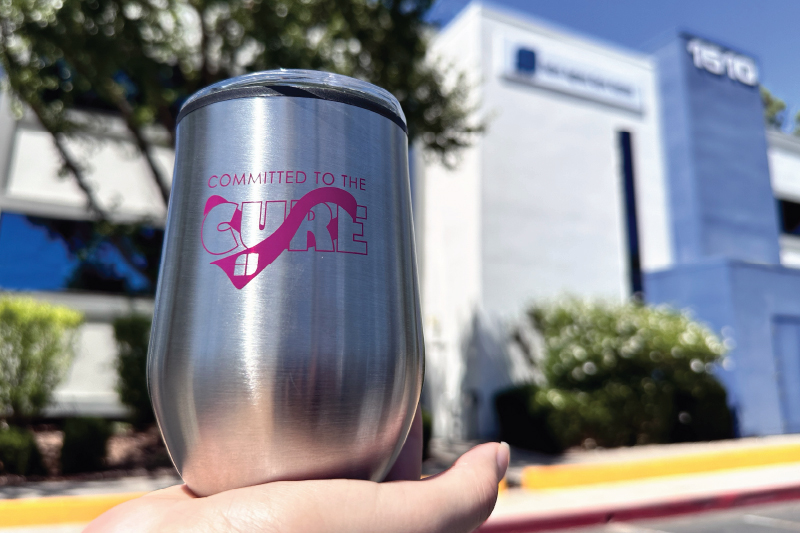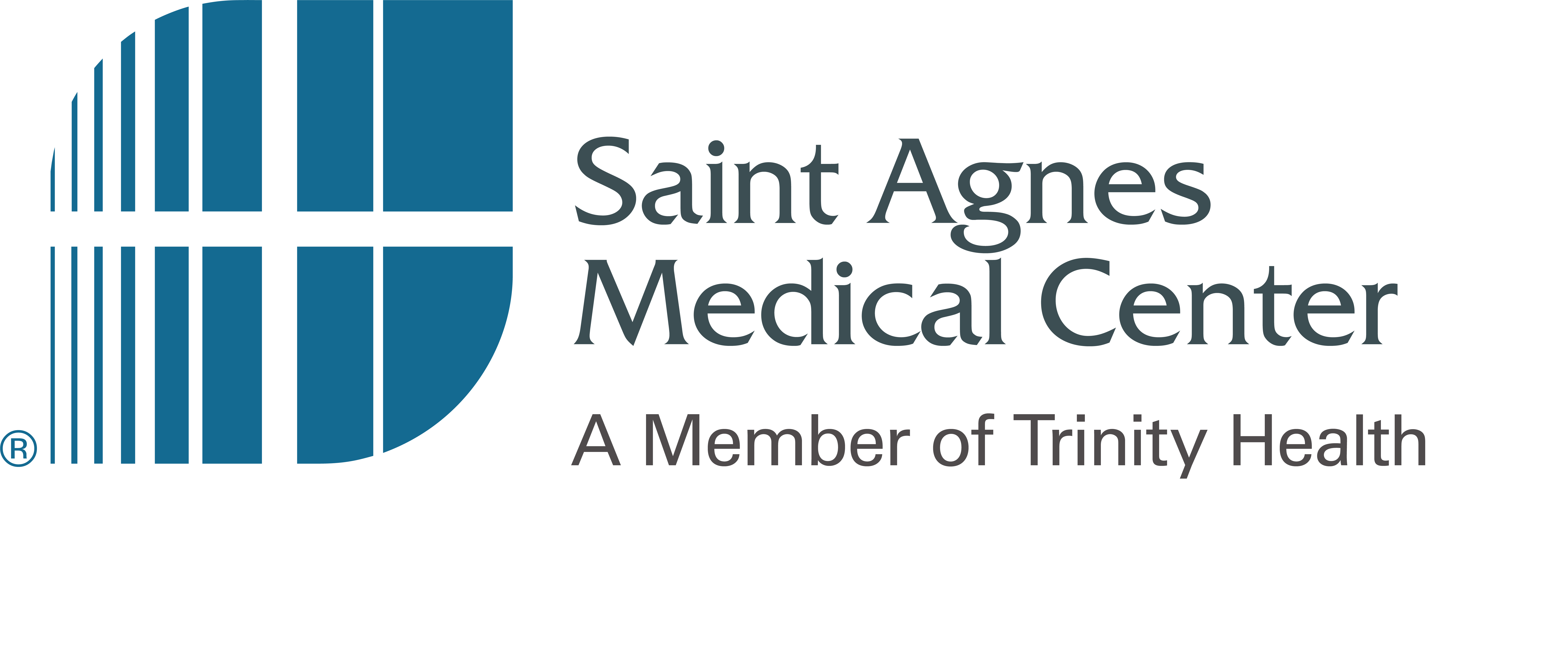A screening mammogram could save your life
July 2, 2024
Breast cancer is one of the most common types of cancer among women in the United States. According to the American Cancer Society, one in eight women will develop breast cancer in their lifetime with more than 300,000 new cases diagnosed each year.
Who is at risk of getting breast cancer?
The two main factors that influence a person's risk of getting breast cancer are: being a woman and getting older. As women age, those who are 50 and older find themselves at an even more increased risk of developing breast cancer. Regardless of age, however, some women may feel it’s unnecessary to get a screening mammogram especially if they have no family history of cancer.
“There’s several factors that can increase your risk for breast cancer like age and ethnicity,” says Dr. Umair Khalid, Saint Agnes Care Family Medicine Physician. “But you also really need to look at your personal health history, and your family’s medical history, to better understand your risk. Women who experience early menstruation or late menopause may also have an increased risk of cancer.”
Who should get a screening mammogram?
A screening mammogram is a powerful tool healthcare professionals use to help identify cancer early. Depending on what doctors may find in a mammogram, early diagnosis can increase a patient's chance of positive outcomes.
What if I don't have a family history of breast cancer?
Breast cancer affects everyone. Although your chances of breast cancer increase if you have a family history of the disease, only up to 10 percent of breast cancer cases are caused by a genetic mutation. This means, even if you have no family history, you can only be certain if you get a screening mammogram.
Screening mammograms save lives
Ultimately, mammograms are the only test shown to reduce breast cancer deaths. Scheduling and getting a mammogram every year increases your chance of catching the disease early or before it metastasizes (or, spreads to other parts of the body).
Mammograms can also detect abnormalities in breast tissue before symptoms appear—when this is caught in early stages, treatment can be less extensive and a patient's survival rate can drastically increase.
Signs and symptoms of breast cancer can vary by person and may be hard to identify for some women with denser breast tissue. Even if you're getting a screening every year, it's still important to report any changes you notice in your breast or your overall health to your doctor as soon as possible.

Schedule a Mammogram, Get a FREE Gift
Every patient who schedules a screening mammogram will receive a FREE 'Committed to the Cure' insulated cup, while supplies last. Same week and Saturday appointments available—no referral required!
Schedule an Appointment